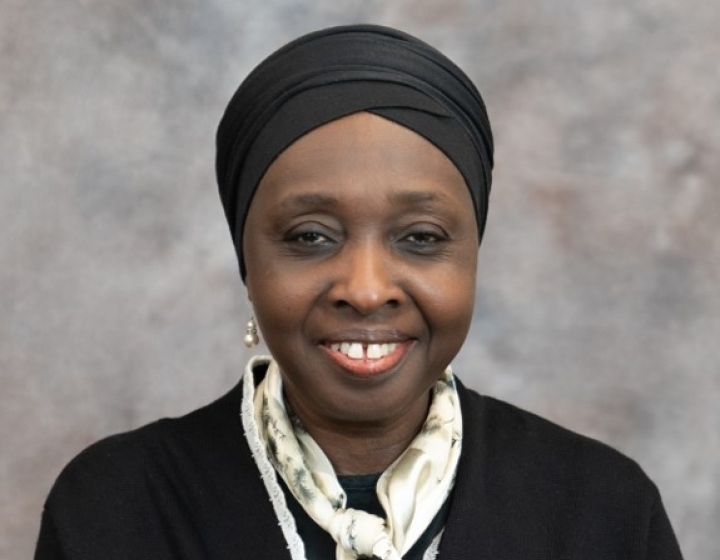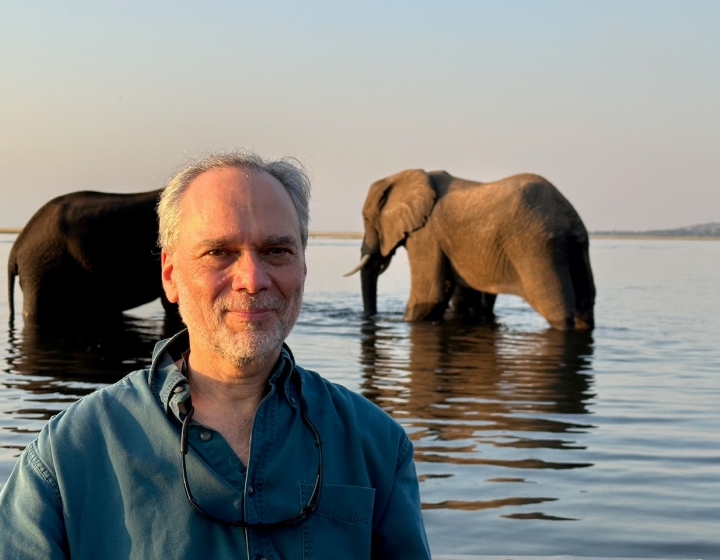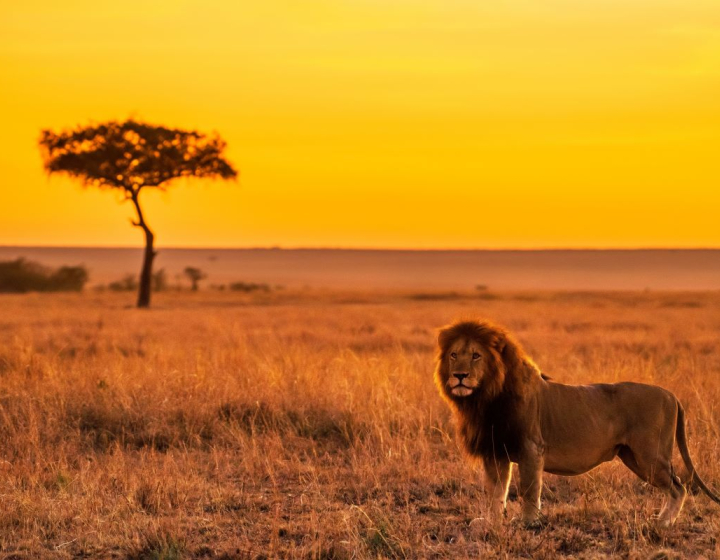New faculty profile: Dr. Santiago Mejia
The Cornell University College of Veterinary Medicine (CVM) has recently welcomed many new faculty members to our academic departments and hospitals, each one bringing a unique set of skills and experience that enriches our college every day. In this Q&A series, you'll get to know their interests, expertise and more.
Dr. Santiago Mejia, veterinarian, Cornell Ruffian Equine Specialists
Q: What has been your academic/career path leading up to Cornell?
A: After completing veterinary training in my country Colombia, I did three internships prior my surgical residency. My first internship was a two-year surgical internship at Hagyard Equine medical institute in Lexington, Kentucky. Thereafter I did a rotating internship at North Carolina State University, Raleigh, North Carolina, and a third rotating internship at Cornell Ruffian Equine Specialist (CRES). Then I underwent surgical training at Cornell University Hospital for animals. Soon after I finished my residency, I stayed with Cornell and joined the CRES team as a surgeon.
Q: What drew you to CVM?
A: I was always inspired by the Cornell tradition of excellence, research and innovation in a multitude of veterinary medicine fields, especially in the field of large animal surgery.
Q: What is your clinical/scientific area of expertise?
A: I have special interest for orthobiologics, soft tissue, minimally invasive and upper airway surgery.
Q: What drew you into this area? Any specific experiences, mentors, influences that helped guide you?
A: I had the privilege to work with great mentors in my career that have taught me different skills, and valuable experiences not only in the professional setting but also in my personal life. However, having the honor to learn and be mentored by Dr. Norm Ducharme, Dr. Jon Pigott, Dr. Lisa Fortier, Dr. Susan L. Fubini and Dr. Heidi Reesink, just to name a few, set an example and a platform of what I wanted to achieve and what type of clinician I wanted to be.
Q: What past professional work are you most proud of and why?
A: There are many professional experiences that motivate me on a daily basis to continue to provide care and service for our animals. But generally speaking there is a great sense of joy and reward when we are able to help an animal and improve their outcome. Being able to make a difference for a patient and owner is the best pay we can receive.
Q: What about your work are you most excited for/proud of and why?
A: I like clinical and applicable research that can provide the tools and knowledge to practitioners to find solutions to a problem or to help theme better understand a situation, so they can provide the best care possible.
Q: What impacts or applications do you hope to see your work have?
A: Improve quality of life, performance and outcomes in horses, that makes a difference not only for them but for the owners.
Q: What clinical/scientific areas do you plan to explore?
A: I will focus on minimally invasive surgery approaches to different surgical procedures that will decrease healing time and return to function in horses. Another area of interest is the use of orthobiologics, to decrease, or stop degenerative joint disease in horses.
Q: What’s something most people don’t know about you?
A: I wanted to be an actor when I was younger but was too shy for it.
Q: What’s the best part of being a clinician/scientist?
A: Being able to contribute in some manner to the growth and knowledge in our profession
Q: What’s the most challenging part?
A: Not been able to help/solve every horse condition
Q: What are the benefits of working at CVM? At Cornell?
A: The people and the sense of community. The fact that the people’s ego is put to the side and everyone tries to help everyone in the best way they can to provide an excellent care to our animals is by far the most rewarding thing. We all learn from each other.





